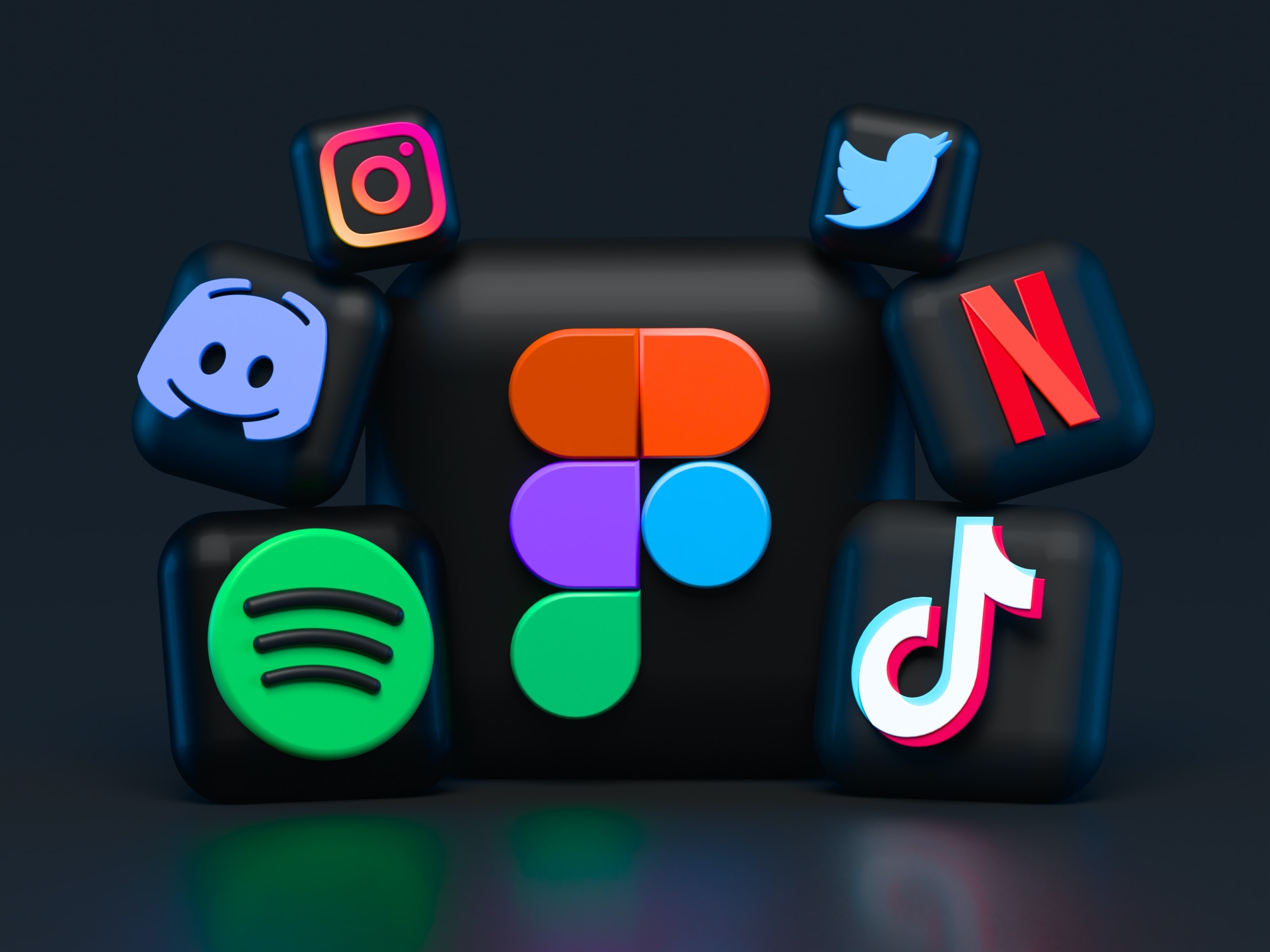Everything You Should Know About Digital Media
This article will discuss social media, blogs, and websites. We’ll also discuss websites. Digital media allows marketers to understand their target customers’ desires and engage them positively. It can also boost a current marketing campaign.
Websites
Websites are a form of media that allow users to share and view various multimedia files. Some offer free storage, while others require a paid subscription. Users can view the media through any Web browser and make the content private or available to the public. These sites are also helpful for storing backup copies of files.
Today, many businesses have websites crucial to their overall marketing strategy. They offer the quickest, most effective way to gain consumers’ attention and earn their trust and business. Since so many companies compete for consumers’ attention, websites must be engaging and informative so potential customers can decide whether to purchase.
Social Media
Social media is a set of web-based communication tools that connects people from different backgrounds and allows them to interact and share information. It is also a valuable tool for businesses as it provides a platform for creating and sharing content. Social media can be a complex and complicated took for businesses so most will look for a partner to provide digital media solutions to help their businesses grow. The most popular social media site is Facebook, with millions of users worldwide. Its impact on human society isn’t just limited to a business perspective it is also wildly popular for individual users to connect with friends, family, and other users worldwide. While social media can be positive in many ways, there are also several dark sides to the growing phenomenon to look out for, some of these include identity theft, reputation damage, and other criminal offenses.
Blogs
A blog is a digital medium in which readers post content. They often discuss a specific subject. Some blogs are personal online diaries, while others promote a particular brand. Typically, a blog combines text, digital images, and links to other blogs. Many blogs enable readers to leave comments on their posts. The authors of blogs typically moderate these comments to prevent offensive language.
Blogs can drive traffic to a website, improve SEO performance, and provide alternate income streams. They also offer unique opportunities to engage audiences. Unlike a traditional website, blogs make it easier to engage with your audience. A blog also allows you to publish articles about topics relevant to your business.
Video Sharing
There are a variety of platforms where you can share and view videos. Some of the most popular ones include YouTube, Metacafe, and Dailymotion. Although they are similar in many ways, some of these platforms are unique. For example, Metacafe allows you to post short videos and has a wide variety of content. If you’re looking to make money streaming videos, Metacafe is an excellent option. Unlike YouTube, though, this platform only pays you when you get a certain amount of views. Another new video-sharing network is Utreon. This platform has a similar interface to YouTube but is a content creator’s community.
While some people share videos for personal reasons, businesses often use these videos for internal or external review and training. For these reasons, it’s essential to choose a secure video-sharing platform.
Interactive Content
Interactive content is a great way to increase brand awareness and boost conversions. This type of content also helps collect more data than static content. For example, companies can use the answers to questionnaires to measure how effective the strategy is. They can also use this information to understand their users better. To increase brand awareness, create interactive content and make it more engaging for users.
Interactive content allows users to interact with the material in a way they never have before. It may be as simple as clicking on a link or moving the mouse over an image. The results can be tremendous.
Globally Networked
Globally networked digital media is a set of technologies that people worldwide use. Cell phones, for example, allow a farmer in Nigeria to talk to his cousin in New York. Globally networked digital media also enable people to access the same news worldwide 24 hours a day.
In the future, the global network will be heterogeneous in many ways. It will include multiple constituent networks, such as the Internet and the public telephone network. It will also have satellite networks, packet radio networks, and local area networks. In addition, it will encompass disparate transmission technologies, such as infrared wireless, microwave, and radio. Finally, it will integrate disparate terminals, including battery-operated PDAs, PCs, and multiprocessor supercomputers.
Virtual Worlds
Virtual worlds allow people to see and interact in environments that they are unfamiliar with. They help people learn by enabling them to visualize complex concepts and present difficult information. They can also give people greater access to instructors and information. Users can simulate group or individual situations, and experts from different locations can join.
The potential of virtual worlds for business is fascinating. As a result, many organizations are interested in developing virtual experiences to engage users in business, communication, and collaboration. These immersive, multi-user experiences allow users to communicate, collaborate, and purchase in a virtual space.





